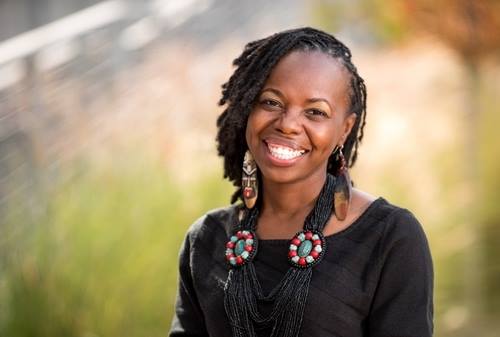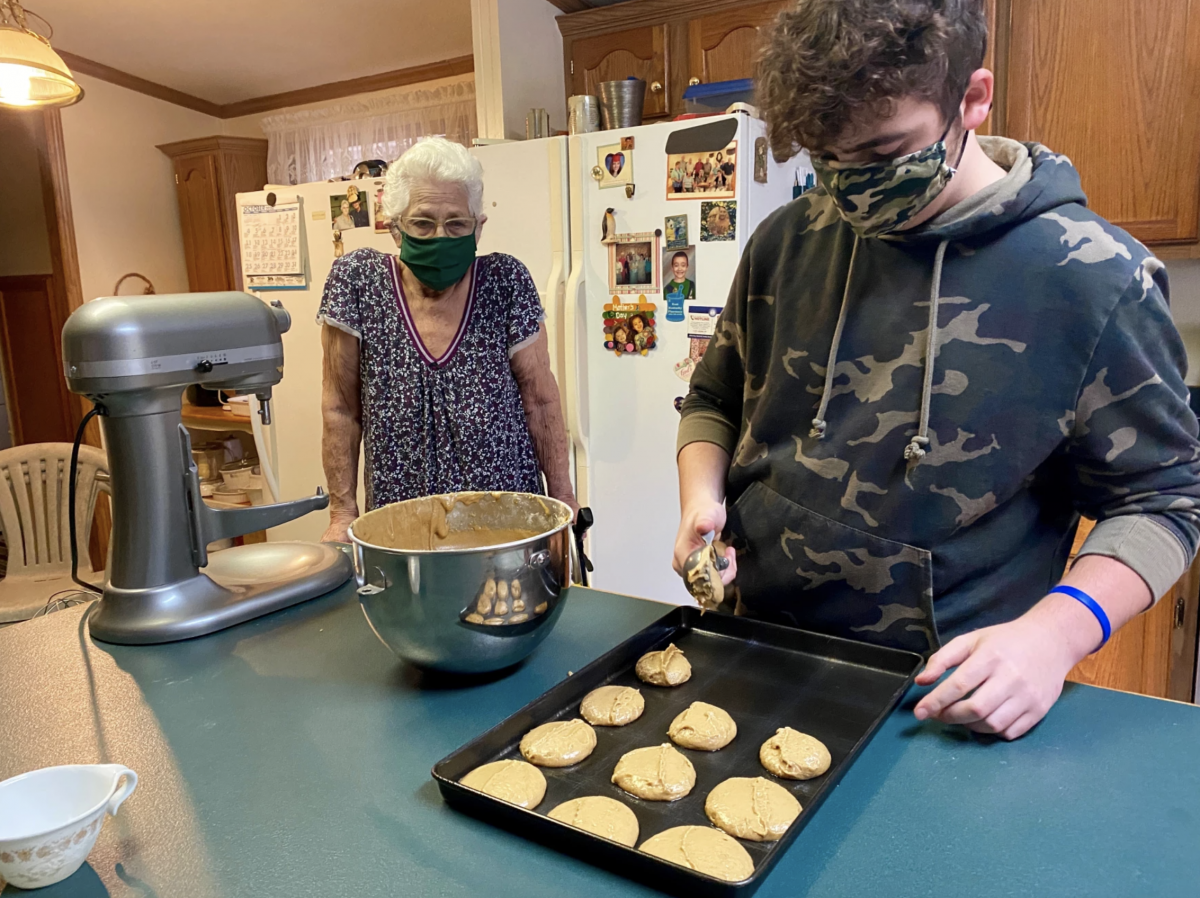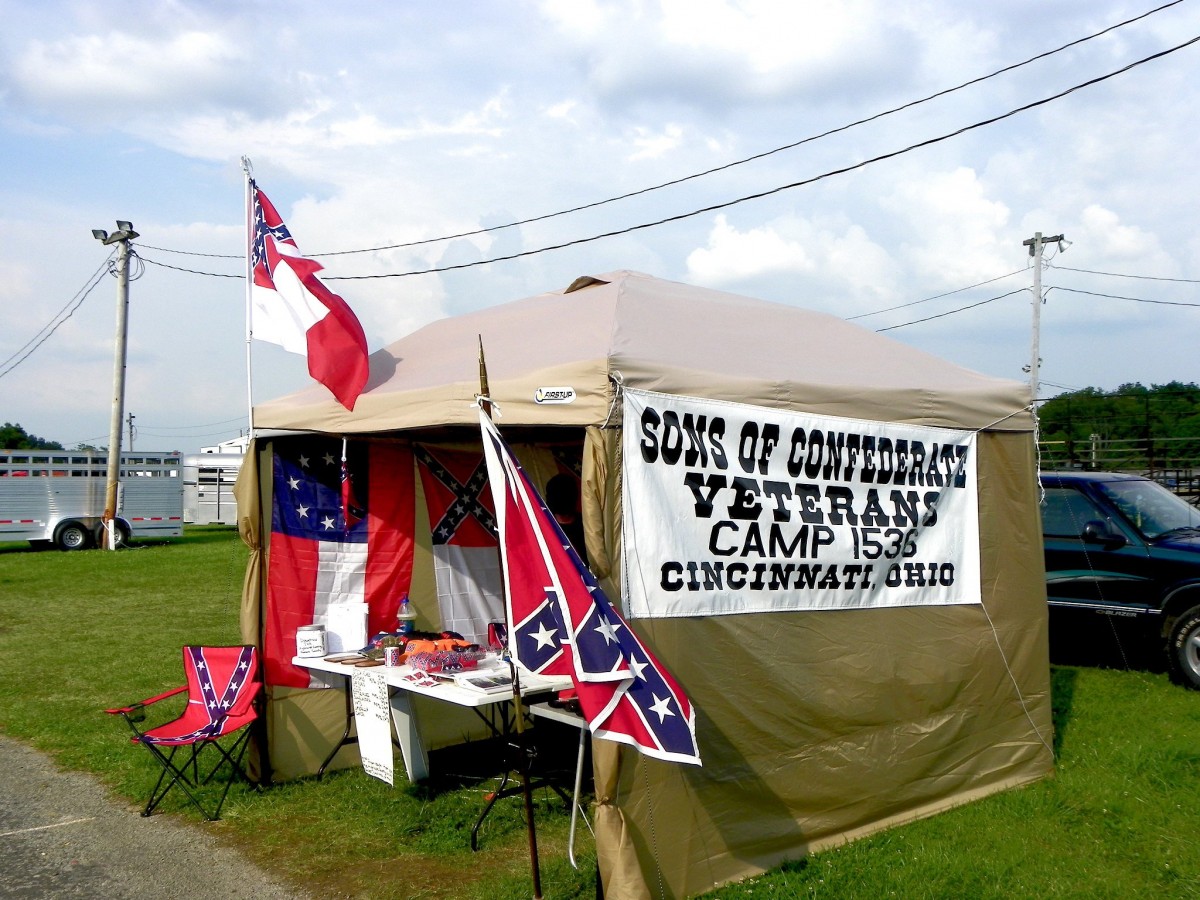On the list of winter holidays, Kwanzaa is the youngest, first celebrated just five decades ago. But it’s origins reach back generations.
In Africa, agricultural celebrations across the continent honored the full harvest, but also celebrated the “first-fruits” as far back as the ancient Egyptian and Nubian societies. More modern empires continued the first-fruit celebrations in their own ways with their own names, and it was these traditions that were synthesized into the new African American holiday created to build family, community and culture in the late 1960s.
Today, communities across Appalachia typically celebrate and recognize the tenets of Kwanzaa with large gatherings, but this year, because of COVID-19, things will be different.
Diedre Clark is a coach, an entrepreneur and the founder of the Ensley Kuumba Community Art design academy in Birmingham, Alabama, named for the Kwanzaa principle of creativity. She spoke with 100 Days’ Assistant Editor for Community Engagement Lexi Browning about the holiday, its traditions and its meaning.
The following Q&A has been lightly edited for clarity and length.
Lexi Browning: For anyone who isn’t familiar with Kwanzaa, would you mind telling us about the celebration and its significance?
Deidre Clark: It is a celebration that happens annually, and it was created specifically for African American culture. It starts one day after Christmas and goes December 26 until January 1st, and it culminates in this feast on the sixth day. It was created by Dr. [Maulana] Karenga, in the 1960s, after these riots had happened in Watts [neighborhood in Los Angeles]. The goal was to give an alternative holiday to Christmas so that Black people could celebrate themselves and their history, but also to have something different than what we did in dominant American culture.

Each day has a special meaning: The first day is Umoja, which is unity; the second day is Kujichagulia, which is self-determination; and then there’s Ujima, which is collective work and responsibility; Ujamaa, which is cooperative economics; Nia, which is purpose; Kuumba, which is creativity; and Imani, which is faith. There’s the short and sweet version of what Kwanzaa is. There’s a candlestick [and] each night you light a candle all the way through the end of it [the celebration].
LB: What does a traditional Kwanzaa celebration look like in your household and community?
DC: I’ve participated only in one Kwanzaa celebration. It was not something that was celebrated in my household growing up with my parents and grandparents. We all did a traditional Christmas. I found out about Kwanzaa as an early- to mid-20-something hanging out in the world, and so families that celebrate will decorate with art that they find around the house. There’s fresh fruit and veggies. There’s always specific food that goes with the day and there’s gift-giving.
The one event that I went to was Kuumba many years ago, and as usual there was reading, music and food. There was an explaining of the table, and people just kind of hang out and talk afterwards. For us, it’s not so much a ritual lighting of the candles, as much as it is just pausing through that week to reflect and think about what that means for us and for today. There’s also a greeting that’s used for each day, Habari Gani, which is Swahili for “How are you?” Then, usually, there’s more conversation about the word and the principle is for the day.
LB: Who do you typically celebrate Kwanzaa with? Where do you celebrate?
Generally speaking, one of the principles of Kwanzaa has turned out to be a guiding force or a guiding principle in my life. I try to, with my life, celebrate that principle, and by extension, celebrate Kwanzaa at all times. That one is Kuumba. Kuumba is the Swahili word for creativity, and that principle says that we should always do as much as we can to leave our communities more beautiful and more beneficial than they were when we inherited them. Part of that is, yes, how do we use creativity to make our communities more beautiful, but also just generally the place that I work, the people that I connect with.
For me, that means at work, how do I at the end of the day leave the physical space more beautiful and beneficial than I found it? How do I make sure I’m interacting with people in a way that they may be more beautiful and beneficial? It’s also part of what drives me because I’ve become a certified life coach. So, in life coaching, it’s not necessarily what I can do to make somebody make their life feel more beautiful and beneficial, but how can I help them dig and find what they need to make their lives more beautiful and beneficial. I would definitely say it’s a guiding principle for my own life.
LB: Is there a previous Kwanzaa celebration that’s been particularly memorable?
DC: Yeah, those many years ago, was probably the one that sticks out the most. I was invited to the Kuumba celebration, and I’d been playing around with the idea of starting a nonprofit. I didn’t know what I was going to call it, but I knew I wanted to work with high school students, and I knew I wanted it to be art.
So, I go to this Kwanzaa celebration, and that night we were celebrating Kuumba. I learned there about that word and that principle and that was ultimately how I chose the name for the nonprofit that I founded that was called Kuumba Community Arts. It was there also that I really latched onto that principle and took it in and made it something I have carried with me since.
LB: How has the pandemic impacted this year’s celebration? How will it contrast with previous years?
DC: In previous years, I really looked forward to different organizations who were doing Kwanzaa celebration events, and I imagine that this year, maybe people won’t be doing that.. I imagine that this year people won’t be out hosting large groups, or I hope not. I think this year will be more intentionally private and small. I’m an introvert by nature, so private and small has always felt beautiful for me.
LB: What do you wish other Appalachians, specifically those who don’t celebrate Kwanzaa, knew about your traditions?
DC: I think, in general, Kwanzaa is a good practice for anybody and for everybody. It’s days of the year that remind you of our collective humanity. I’ve given you the Swahili words, and one of those is unity [Umoja], and that principle is to strive for and to maintain unity in the family, the community and the nation. But what does it look like when, no matter who you are, you are able to take these things and make them a guiding force? Self determination to define and name ourselves, as well as to create and speak for ourselves.
So much of this is just good human practice, like cooperative economics to build and maintain our own shops and other businesses and to profit from them together. It’s not something that’s just for African Americans to celebrate. Nia, the purpose principle, is to make our collective vocation of building and developing our community in order to restore our people to their traditional greatness. There are things in there that are just beautiful, no matter who you are.
I would encourage anybody [to participate in the celebration of Kwanzaa], and if you don’t want to jump 10 toes in, just pick a day and pick a principle and spend some time thinking about what that looks like for you and your family and your community. How can you extend that to the places that you work and the places that you worship? How does that expand outside of your community into our nation as a whole?
I think that would be a takeaway I wish people had: It’s not just for African Americans. It’s really a beautiful celebration of community and I think, with there being so much polarity in the country and such a sincere divide among Americans that this is such a good time to be thinking about Kwanzaa and these principles and how they might apply to our American experience.
Deidre Clark is a coach, an entrepreneur, a founder and a starter in Birmingham, Alabama. Her writing first appeared in special holiday newsletter series. Subscribe here.
To read more about Kwanzaa, Deidre recommends checking out the official Kwanzaa website, which you can find here.



